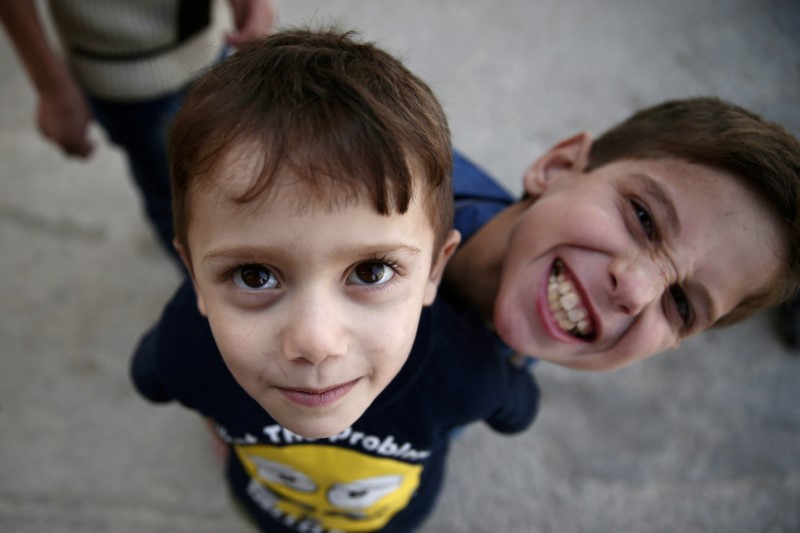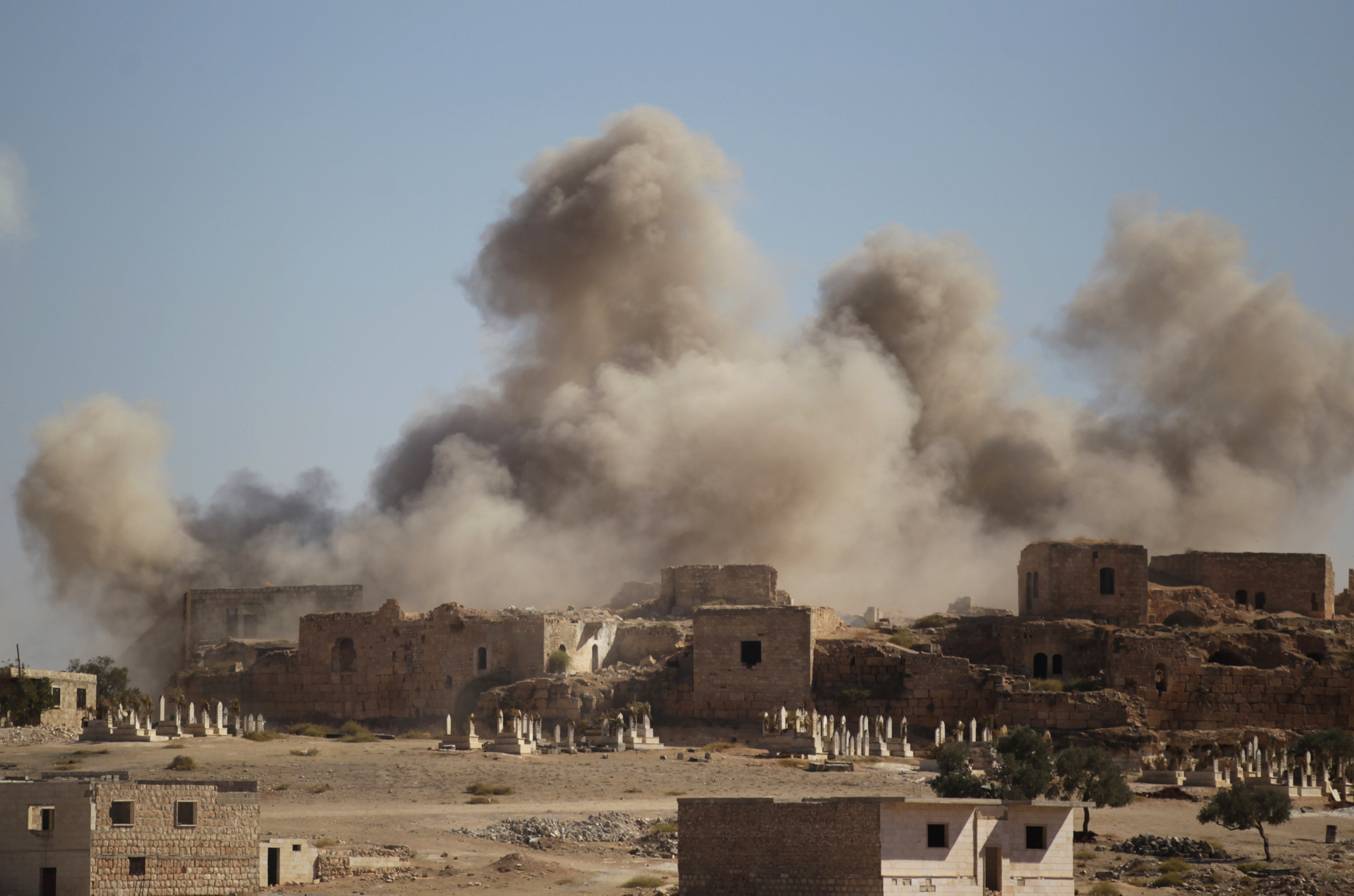
By Angus McDowall and Tom Perry
BEIRUT (Reuters) – Syrian rebels said they captured the village of Dabiq from Islamic State on Sunday, forcing the jihadist group from a stronghold where it had promised to fight a final, apocalyptic battle with the West.
Its defeat at Dabiq, long a mainstay of Islamic State’s propaganda, underscores the group’s declining fortunes this year as it suffered battlefield defeats in Syria and Iraq and lost a string of senior leaders in targeted air strikes.
The group, whose lightning advance through swathes of the two countries and declaration that it had established a new caliphate stunned world leaders in 2014, is now girding for an offensive against Iraq’s Mosul, its most prized possession.
The rebels, backed by Turkish tanks and warplanes, took Dabiq and neighboring Soran after clashes on Sunday morning, said Ahmed Osman, head of the Sultan Murad group, one of the Free Syrian Army (FSA) factions involved in the fighting.
“The Daesh myth of their great battle in Dabiq is finished,” he told Reuters, using a pejorative name for Islamic State.
Turkish President Tayyip Erdogan’s spokesman said that Dabiq’s liberation was a “strategic and symbolic victory” against Islamic State.
U.S. Defense Secretary Ash Carter also welcomed the retaking of Dabiq as both a military and symbolic blow to Islamic State and thanked Turkey for the role it played. “Its liberation gives the campaign to deliver ISIL a lasting defeat new momentum in Syria,” Carter said, using an alternative name for the group.
The Free Syrian Army is an umbrella group for rebels seeking to overthrow President Bashar al-Assad in a civil war that has killed hundreds of thousands and displaced millions, dragging in regional and global powers and creating space for jihadists.
An Islamic prophecy names Dabiq as the site of a battle between Muslims and infidels that will presage doomsday, a message Islamic State used extensively in its propaganda, going so far as to name its main publication after the village.
It also chose Dabiq as the location for its killing in 2014 of Peter Kassig, an American aid worker held hostage by the group, by Mohammed al-Emwazi, better known as Jihadi John.
However, it has appeared to back away from Dabiq’s symbolism since advances by the FSA groups backed by Turkey had put it at risk of capture, saying in a more recent statement that this battle was not the one described in the prophecy.
The village, at the foot of a small hill in the fertile plains of Syria’s northwest about 14 km (9 miles) from the Turkish border and 33 km north of Aleppo, has little strategic significance in its own right.
But Dabiq and its surroundings, where the Syrian Observatory for Human Rights said Islamic State had brought 1,200 fighters in recent weeks, occupied a salient into territory captured by the Turkey-backed rebels.
CLASHES
Ankara launched the Euphrates Shield operation, bringing rebels backed by its own armor and air force into action against Islamic State, in August, aiming to clear the group from its border and stop Kurdish groups gaining ground in that area.
“Euphrates Shield will continue until we are convinced that the border is completely secure, terrorist attacks against Turkish citizens out of the question and the people of Syria feel safe,” Erdogan’s spokesman, Ibrahim Kalin, said.
The Turkish-backed forces would now continue their advance toward the Islamic State-held town of al-Bab, southeast of Dabiq, he said.
A Turkish military source said that while Dabiq was largely under control, some rebels had been killed in blasts by landmines and other bombs.
The rebels and Turkish military were working to secure Dabiq’s surroundings to prevent any remaining Islamic State fighters trapped in the area from escaping.
Since early 2016 Islamic State’s territorial possessions in Syria have been steadily eroded by the Syrian Democratic Forces, an umbrella group of Kurdish and Arab militias backed by the United States, which in August took the city of Manbij.
Turkey’s campaign has since cut the jihadist group off from the Turkish border, long its most reliable entry point for supplies and foreign fighters.
Meanwhile air strikes have killed a succession of Islamic State leaders in Syria, including its “war minister” Omar al-Shishani and Abu Mohammed al-Adnani, one of its leading strategists and an architect of its shift toward plotting attacks in Europe.
In Iraq the army backed by Shi’ite Muslim militia groups has this year recaptured Falluja and is now poised for an offensive on Mosul, where Islamic State’s leader, Abu Bakr al-Baghdadi, in 2014 declared himself heir to Islam’s caliphs.
However, the militants still hold most of Syria’s Euphrates basin, from al-Bab, 26 km southeast of Dabiq, through the group’s capital of Raqqa and to the Iraqi border.
(Additional reporting by Orhan Coskun in Ankara and Matt Spetalnick in Washington; Editing by Greg Mahlich and Sandra Maler)










